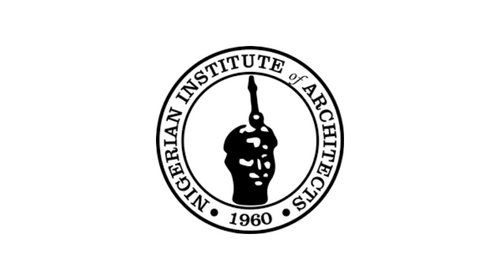Architects as Leaders: A Call for Integrity and Transparency in Shaping Nigeria’s Built Environment
The Nigerian Institute of Architects (NIA) has emphasized the crucial role of architects in shaping the built environment and called for integrity and transparency within the profession. Arc. Ali Mukhtar-Adnan, the 3rd Vice President of the NIA, delivered this message during the Taraba State Chapter’s 2025 Annual General Meeting and 10th-anniversary celebration. He underscored the architects’ responsibility in creating sustainable, innovative spaces that enhance the quality of life, addressing challenges like urbanization, climate change, and social equity. Mukhtar-Adnan, represented by Arc. Aliyu Babaji, stressed that architectural leadership goes beyond technical expertise, encompassing advocacy for best practices, stakeholder engagement, and driving contextually relevant solutions. The call for integrity and a collaborative spirit was particularly pertinent as the chapter held elections for new leadership.
Embracing Leadership: A Decade of Progress and a Vision for the Future of Architecture in Taraba State
The Taraba State Chapter of the NIA marked its 10th anniversary, reflecting on its achievements and setting a course for future growth. Outgoing Chairman, Arc. Ibrahim Mohammad, highlighted the chapter’s journey since its 2015 inauguration, emphasizing the collective effort and commitment that propelled its progress. He urged members to celebrate their milestones, learn from past experiences, and strive for a brighter future for architecture within the state. The anniversary served as a platform to acknowledge the dedication of past leaders and inspire continued excellence in design, construction, and the overall advancement of the profession.
Innovation and Technology: Creating Habitable Spaces for a Sustainable Future
Guest speaker Arc. Bulus Bello-Umar emphasized the importance of innovation in architectural design, calling for the creation of habitable spaces that leverage technology and professionalism. He stressed the need for architects to ensure client satisfaction while maintaining environmental responsibility. Bello-Umar’s message highlighted the evolving nature of the architectural profession, urging architects to adapt to new technologies and embrace sustainable practices to effectively meet the demands of modern society. His address underscored the crucial balance between functionality, aesthetics, and environmental consciousness in contemporary architectural design.
The Election of New Leadership: A Renewed Commitment to Excellence and Collaboration
The Taraba State Chapter of the NIA held elections, ushering in a new leadership team to guide the chapter’s future endeavors. Arc. Adashu Agbu was elected as Chairman, Arc. Ignatius Agbese as Vice Chairman, and Bulus Bello-Umar as Secretary, alongside other elected officials. The election signifies a renewed commitment to the chapter’s mission of promoting architectural excellence within Taraba State. The new leadership team is entrusted with fostering collaboration, innovation, and integrity within the profession, driving positive change and development within the built environment.
The Architect’s Role: A Catalyst for Positive Change in the Built Environment
The overarching theme of the 2025 Annual General Meeting emphasized the architect’s multifaceted role as a leader in the built environment. This leadership extends beyond design and construction to encompass advocacy, stakeholder engagement, and addressing critical societal challenges. Architects are positioned to influence policy, promote sustainable practices, and shape the future of our cities and communities. Their expertise is essential in creating spaces that are not only functional and aesthetically pleasing but also contribute to the overall well-being of society.
Looking Ahead: A Future of Sustainable Design and Socially Responsible Architecture
The discussions and events of the Taraba State Chapter’s meeting point toward a future of increased emphasis on sustainable design, technological integration, and socially responsible architecture. As architects continue to navigate the complexities of urban development and environmental concerns, their leadership and commitment to ethical practices will be more critical than ever. The call for integrity, transparency, and collaboration underscores the importance of a unified approach to addressing the challenges and opportunities that lie ahead in shaping the built environment for generations to come. The newly elected leadership, along with the entire membership, is tasked with upholding these principles and advancing the profession towards a future of innovative and sustainable architectural solutions.


